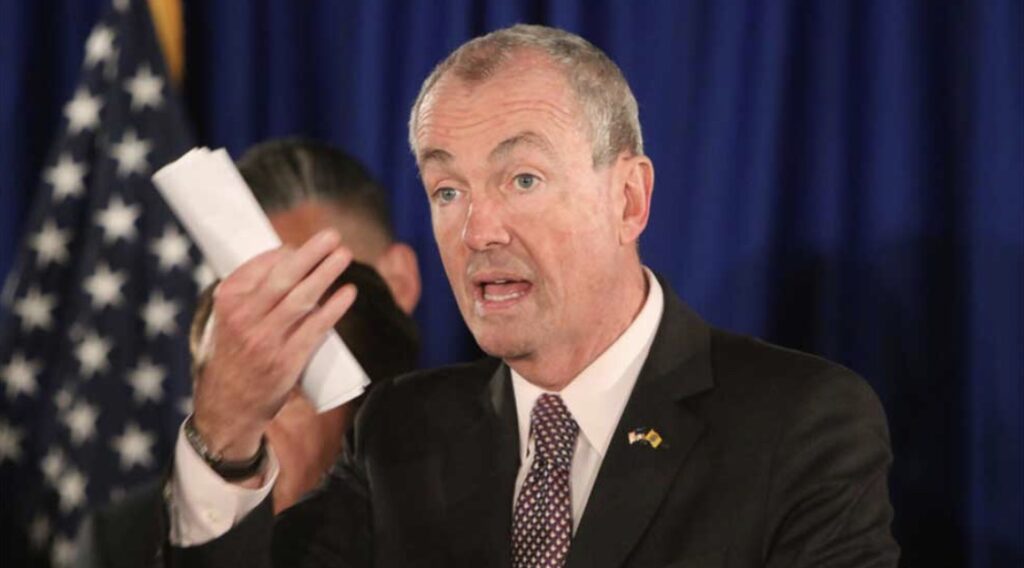
Democrat Phil Murphy won the Governorship of New Jersey in November 2017. Those who voted for him did so because of his campaign promise to reform the New Jersey healthcare system.
On Friday, Gov. Murphy didn’t disappoint his supporters and proponents of ‘self-inflicted’ death; he signed into law the Medical Aid in Dying bill. Becoming the eighth state in the Union to allow the terminally ill to legally request and receive ‘end of life’ (should be referred to as the right to end one’s life) medication from their physician. The legislation is meant to be a direct target against the elderly and those who are disabled.
Surrounded by supporters of the new legislation, Murphy stated:
By signing this bill today, we are providing terminally ill patients and their families with the humanity, dignity, and respect that they so richly deserve at the most difficult times any of us will face.
Although the Medical Aid in Dying bill is not currently legalizing assisted-suicide, physician-assisted suicide, or euthanasia, it opens that door beyond a crack for further ‘death’ legislation. A recent article at Pulpit & Pen provides a cursory examination of the repercussions of such entry level death bills.
First and foremost, the patient has to be of sound mind and must administer the lethal medication themselves. The bill includes patient options to have loved ones present or the right to administer the lethal drug medications (usually barbiturates) alone.
The bill takes effect on August 1, 2019.











